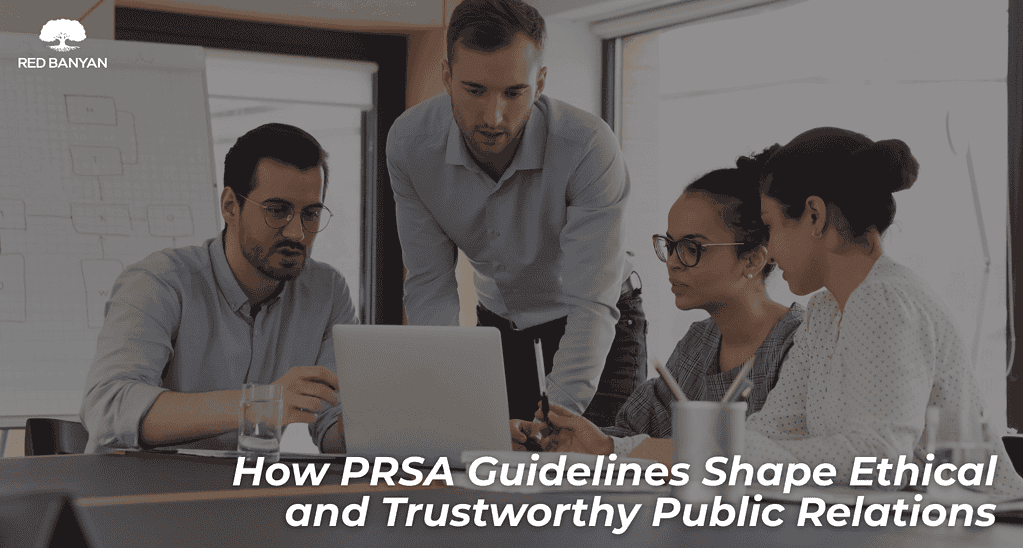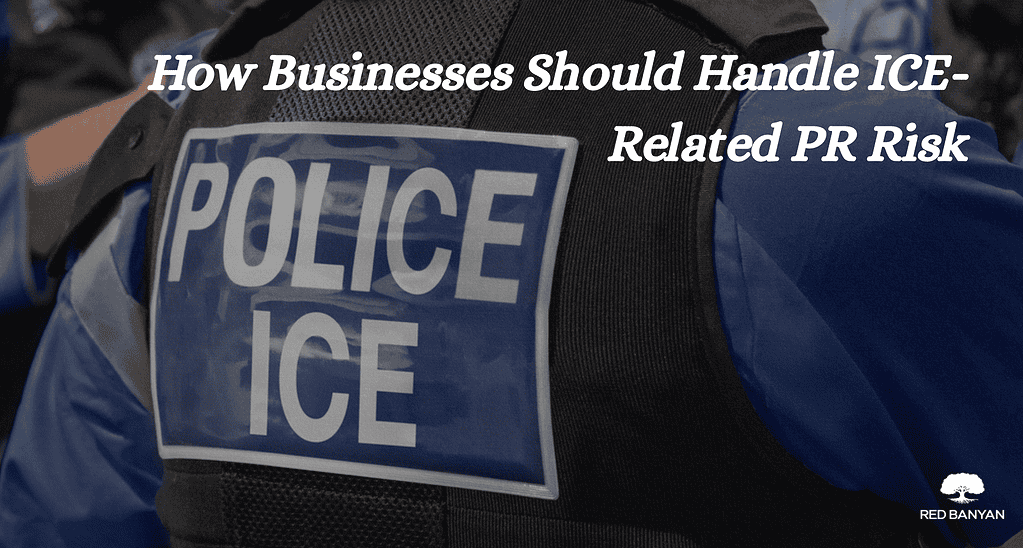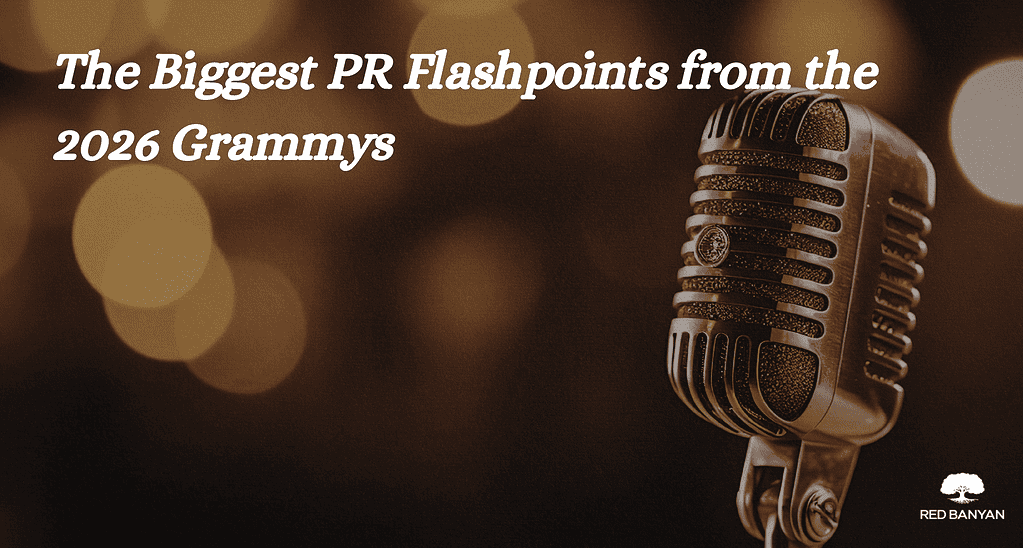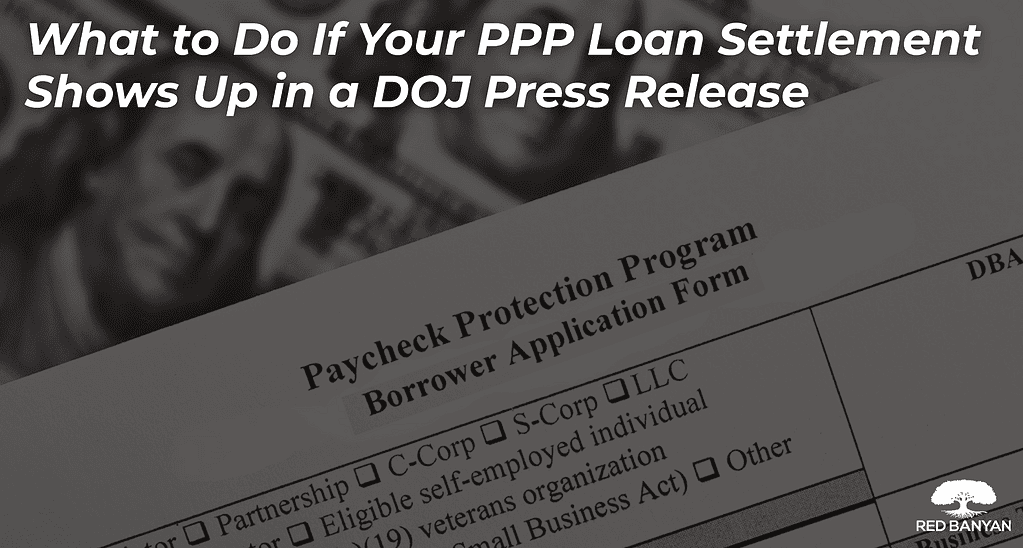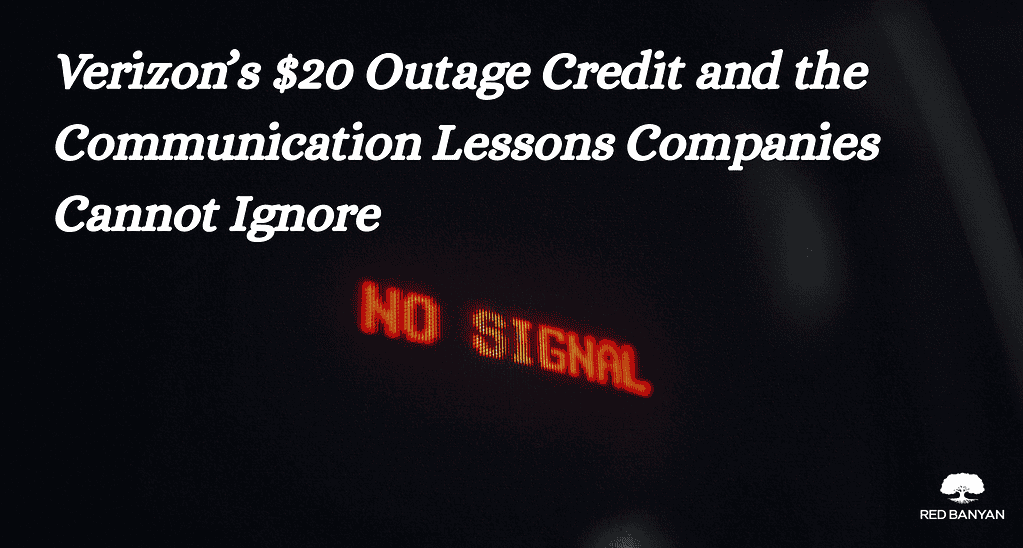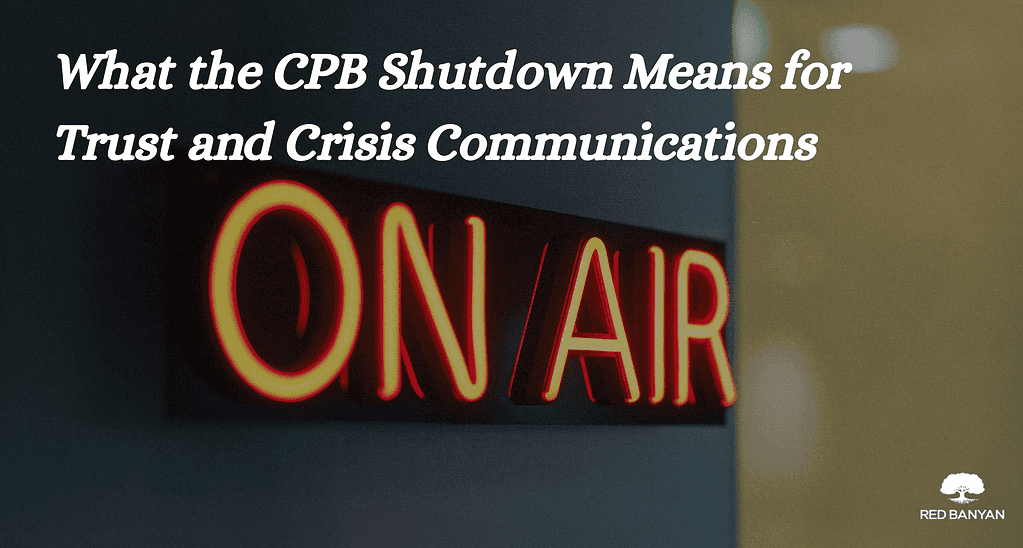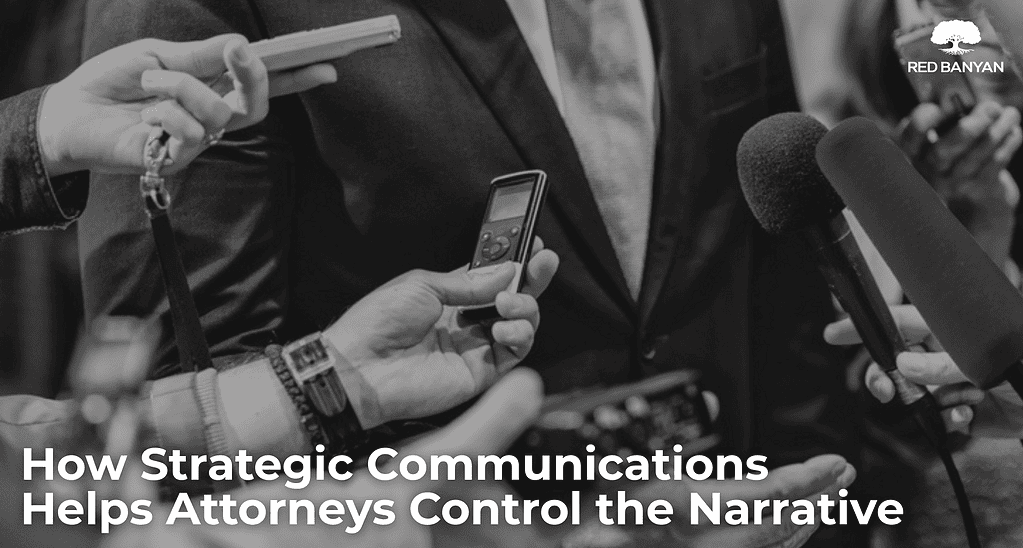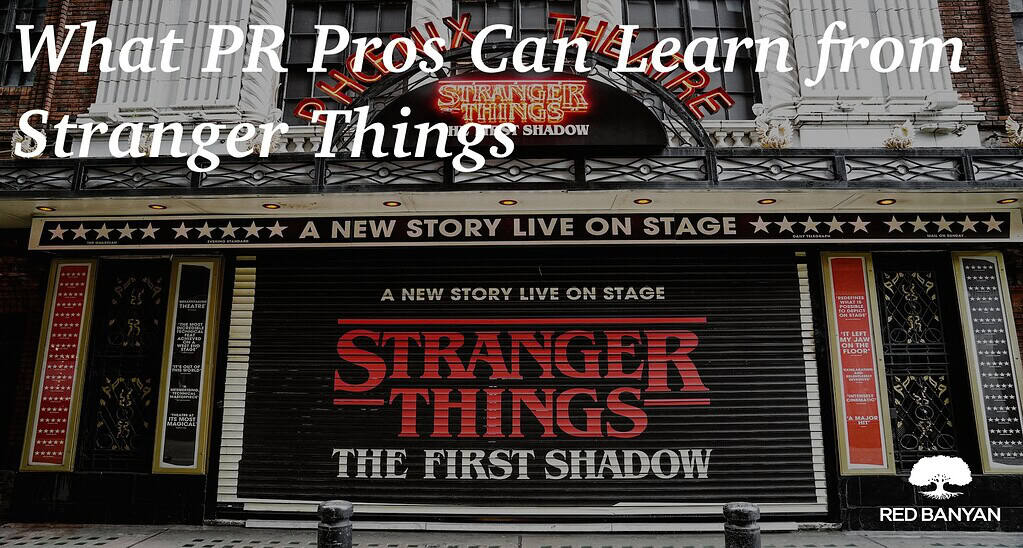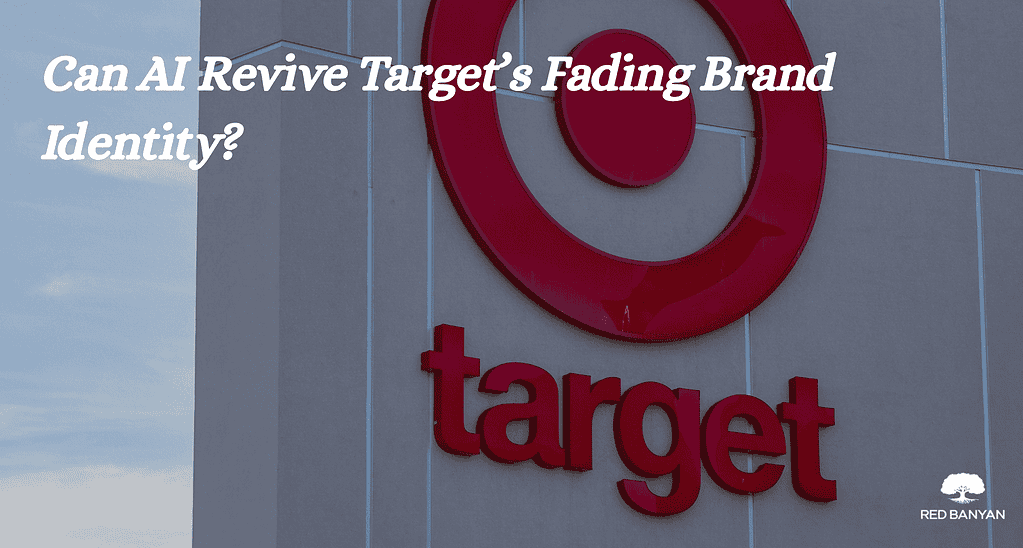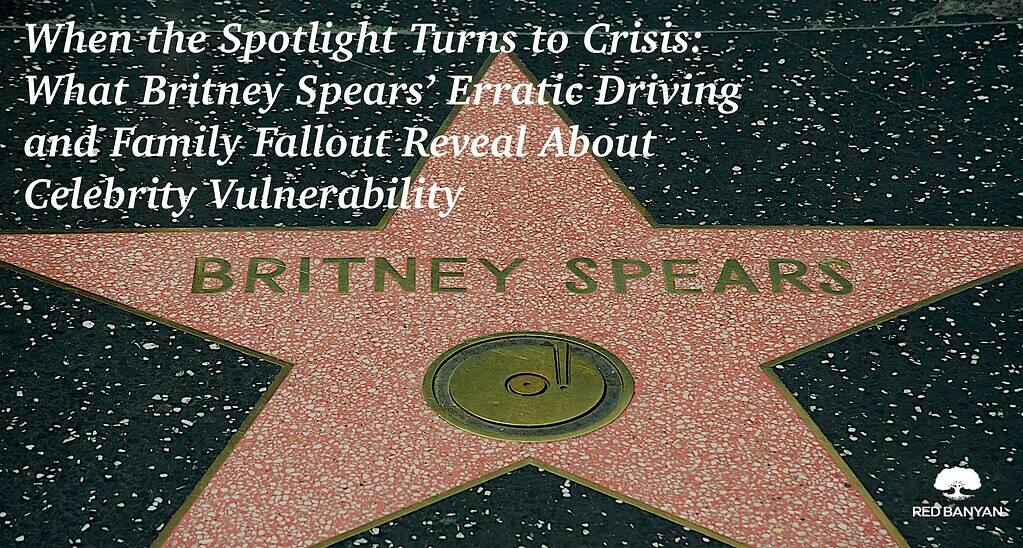Public relations is built on trust. Every statement, campaign, and client relationship is built on credibility, and credibility begins with ethics. The Public Relations Society of America (PRSA) provides the foundation for those ethics. Through its Code of Ethics, PRSA outlines clear standards that help professionals communicate with honesty, transparency, and responsibility.
For business owners, agency leaders, and corporate communication managers, understanding what the PRSA guidelines are is an essential step toward maintaining integrity in a profession where reputation is everything.
Why the PRSA Guidelines Matter
The PRSA guidelines serve as a professional compass that helps practitioners make sound decisions when navigating complex communication challenges. These standards apply to everyone involved in public relations—individual consultants, agency teams, and in-house communicators alike.
By following these ethical standards in public relations, professionals strengthen both their personal credibility and the reputation of the broader industry. The PRSA Code of Ethics offers structure and clarity for how professionals can balance truth, accountability, and advocacy while maintaining public trust.
Core Principles of the PRSA Code of Ethics
The PRSA Code of Ethics rests on six central values that guide responsible public relations.
- Advocacy calls for representing clients and the public with fairness and accuracy. When a company faces a product recall, for example, an ethical practitioner provides verified information rather than speculation, protecting both the public and the brand.
- Honesty requires telling the truth even when it feels uncomfortable. Transparent communication in difficult moments builds credibility that lasts far beyond a single campaign.
- Expertise emphasizes continuous learning and informed decision-making. Staying current with new media trends, cultural awareness, and emerging technology strengthens professional judgment.
- Independence ensures objectivity. Ethical public relations professionals provide candid advice and base their recommendations on evidence, even when it may be inconvenient for a client.
- Loyalty builds strong relationships between clients and practitioners. True loyalty balances dedication to the client’s goals with a commitment to public interest.
- Fairness promotes respect for all voices and equal access to information. It supports honest dialogue and prevents manipulation or misinformation.
Each of these values represents a practical standard for daily decision-making. Together, they define professional standards for PR that encourage consistency, accountability, and trust.
Applying PRSA Ethical Standards in Practice
Ethical guidelines only matter when they guide real-world behavior. In crisis communication, for example, transparency often determines whether a company rebuilds or loses public confidence. Communicating openly, taking responsibility, and sharing accurate updates reflect how PRSA Code of Ethics guides PR professionals through high-pressure moments.
In the digital era, social media has become another test of integrity. The PRSA guidelines for social media conduct remind professionals to disclose sponsorships, correct misinformation, and maintain authenticity online. Consistent honesty across platforms reinforces credibility in every channel.
Client relationships also benefit from the PRSA’s ethical framework. Practitioners who follow PR ethics guidelines can handle conflicts of interest, disclose affiliations, and maintain independence. These actions protect both the client and the communicator’s long-term reputation.
Strengthening Reputation Through Ethical Leadership
Organizations that adopt the PRSA values signal to clients, employees, and the public that they operate with integrity. Conducting regular ethics audits, attending PRSA training, and discussing ethical scenarios within teams help create a workplace culture that values honesty and accountability.
For PR professionals, PRSA membership provides education, mentorship, and access to resources that help them uphold PR best practices and avoid ethical pitfalls.
When teams apply PRSA ethical principles consistently, they build a reputation for reliability. That trust becomes one of the most valuable assets in any communications strategy.
Ethics as a Long-Term Strategy
Ethical standards in public relations are not only about avoiding mistakes. They define how professionals approach every relationship and every message. A strong ethical foundation promotes confidence among clients and audiences alike.
As communication continues to evolve, understanding PRSA ethics in crisis communication and digital engagement is vital. Practitioners who embrace these principles show that ethical public relations and effective public relations are one and the same.
Taking the Next Step Toward Ethical Excellence
If you haven’t already, review the full PRSA Code of Ethics on PRSA’s website. Encourage your team to discuss how to follow PRSA guidelines in PR, or consider joining PRSA to access resources and training.
At Red Banyan, we have seen firsthand how responsible public relations and ethical transparency create meaningful results. Building trust requires consistency and honesty. In public relations, integrity defines the brand.

